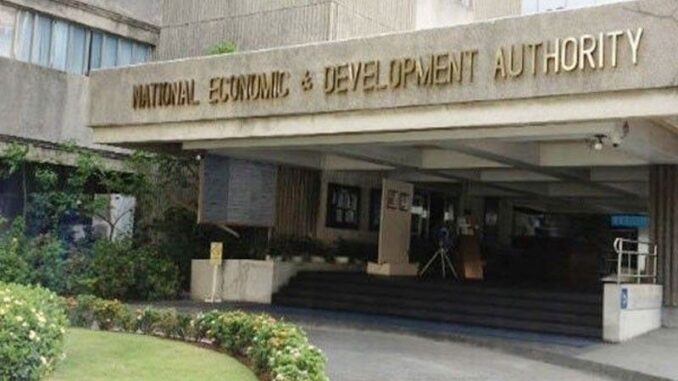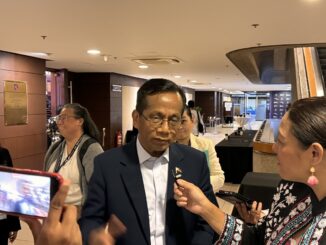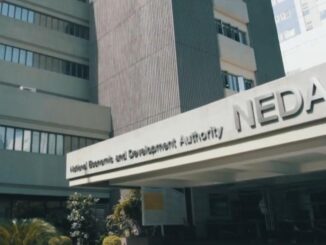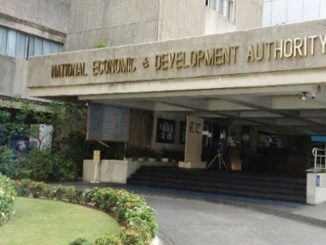
MANILA, Philippines — The National Economic and Development Authority (NEDA) board led by President Marcos has approved two World Bank-funded projects that aim to enhance local health systems and transportation connectivity in Mindanao.
In a post on Facebook, Marcos said the NEDA board gave the green light for the first phase of the P27.92-billion health system resilience and the Mindanao transport connectivity improvement projects.
The projects were approved during the 21st NEDA board meeting at Malacañang on Wednesday night.
Marcos, chairman of the NEDA board, said these key projects would have a “lasting impact” on the country.
He said the health system resilience project ensures that people can count on their health care system no matter where they live.
“We’re focusing on 17 provinces that need it the most, building up their capacity to handle future pandemics and emergencies. It’s a big step toward a health care system that’s ready for whatever comes next – so every Filipino can feel secure,” Marcos said.
The project seeks to enhance health emergency prevention, preparedness and response in vulnerable areas.
It is expected to build a resilient health system and support the goals of the Philippine Development Plan 2023-2028.
The five-year project was proposed for official development assistance funding under the World Bank.
The Mindanao transport connectivity improvement project aims to link the regions of Northern Mindanao, Davao and Soccsksargen.
It is expected to improve and facilitate transport of farm produce from isolated areas, preserve the long-term value of road assets and minimize the expenses associated with routine and periodic road maintenance.
“For farmers and communities in these regions, this means better roads, easier access to markets and more opportunities to grow. It’s about unlocking the full potential of Mindanao and giving everyone the tools to succeed,” Marcos said.
The project has a total cost of $661.21 million and will be jointly financed by the World Bank and the government, according to the Department of Public Works and Highways.
DPWH Secretary Manuel Bonoan said the Mindanao transport connectivity was part of the master plan for a high-standard highway network development project, which identified major infrastructure that would be developed in Northern and Central Luzon as well as in the Visayas and Mindanao.





Be the first to comment